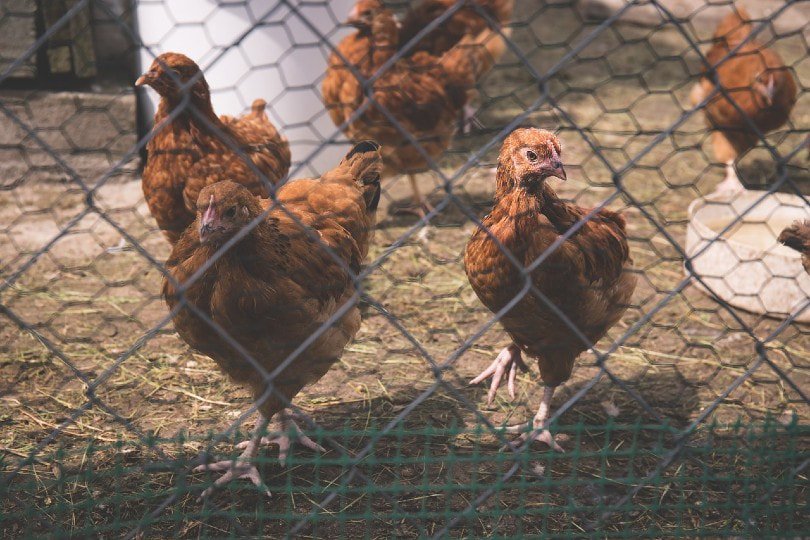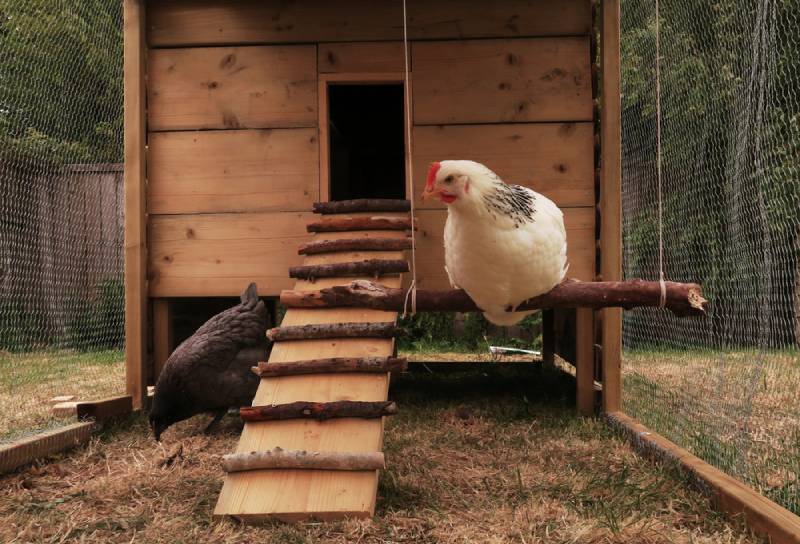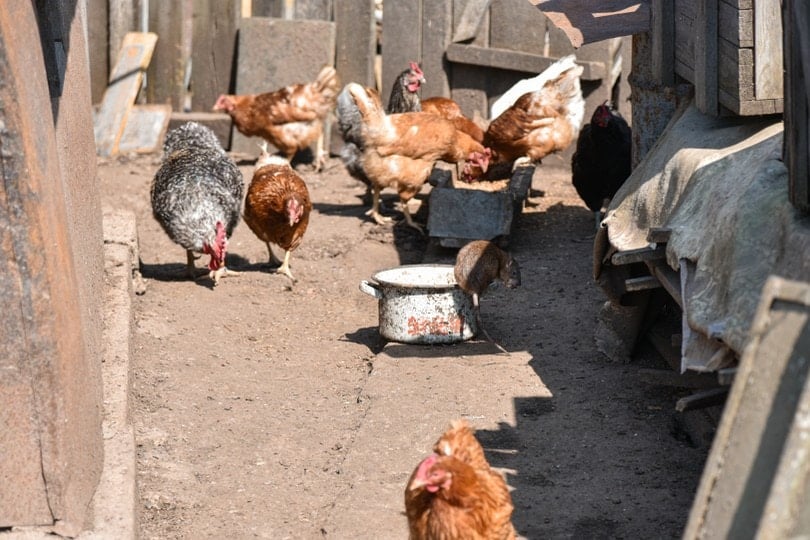Chickens are susceptible to becoming prey for a variety of different predators living outside. Coyotes, mountain lions, dogs, and even cats can become predatory when they find one or more chickens roaming in a yard or field. It might seem ridiculous to think that a small rat could attack a chicken, but the idea is not impossible. Rats can definitely attack chickens, so chicken owners need to be aware of the threat.

How Do Rats Attack Chickens?
Rats have an instinct to attack a chicken’s neck during a fight. The rat will latch onto the chicken’s neck with its teeth and chomp down. Many times, a rat’s teeth are strong enough to pierce through the chicken’s neck and ultimately kill the chicken. This kind of fight or attack is rare but is not impossible. Rats are more likely to attack small chickens and baby chicks because they are easier to defeat and are usually the most defenseless. Rats will also attack and steal chicken eggs whenever they can.

Why Do Rats Attack Chickens?
There are multiple reasons that rats may attack chickens. First and foremost, they do so to eat. Rats steal eggs to eat. They will also take down a baby chick for food if no other source of food is easy to get. When it comes to attacking larger chickens, this is usually done as a defensive act. However, if rats do manage to kill a large chicken, they will take the opportunity to make a meal out of their kill.
Why would a rat need to defend itself from a chicken in the first place? Sometimes, chickens chase rats down to try to eat them. The fight becomes a showdown of who will be the one to be eaten.
Are All Chickens in Danger of Rats?
Any chicken can be attacked by a rat or a group of rats. It could be in the middle of the night or during the day. However, eggs and baby chicks are the most susceptible to rat attacks because they have no way to defend themselves. Baby chicks cannot take on rats due to their size and inability to use force.
Possible attacks are not the only dangers that rats pose to chickens. Unfortunately, rats harbor diseases such as lymphocytic choriomeningitis, which can be passed on to the chickens. This can happen when chickens come into contact with the urine or droppings of rats and when a chicken is bitten by a rat.
Rats leave droppings and urine behind everywhere they go. If they get into your chicken coop or spend any time in the area where your chickens are free-range, they are sure to leave droppings and urine behind. Chickens will step, lie, and sleep on the urine and droppings, and chickens might even eat them.

How to Protect Your Flock From Rats
The most important thing that you can do to protect your flock of chickens from rats is to make sure your coop is rat-proof. Rats like to come out at night to find food, which is when your eggs, baby chicks, and small chickens are the most susceptible to rat attacks. Making sure that rats cannot get into your coop will eliminate the possibility of rat attacks at night.
Elevating your coop off the ground will make it harder for rats to access it. The entire coop should be covered with thick gauge wire mesh or fencing that has holes no larger than ¼ inch so rats cannot squeeze through. Check the coop enclosure weekly to make sure there are no areas that need to be reinforced.
You can also keep mother hens and baby chicks in enclosed nesting houses at night to eliminate the risk of a rat attack. Some chicken owners opt to put out rat poison. If you choose to do so, make sure that the poison is contained in a way that your chickens and other pets cannot get to it. Poison containers should be kept off the ground.
Also, you should never leave food out in the coop at night, as the food is bound to attract the likes of rats. Once attracted to the food, rats will do whatever they can to get into the coop enclosure, and once inside, they might turn their sights on your baby chicks.


In Conclusion
While rats are dangerous to chickens and can go on the attack, this is not a big problem for most chicken owners. Most chickens stick together and become formidable opponents for rats, and rats want to take the easiest route possible to get food. However, there are certain steps that you can take to ensure that rats never become a danger to your chickens.
- Related Read: Do Raccoons Eat Chickens? How to Protect Your Flock
Featured Image Credit: Aliaksandr Bukatsich, Shutterstock
